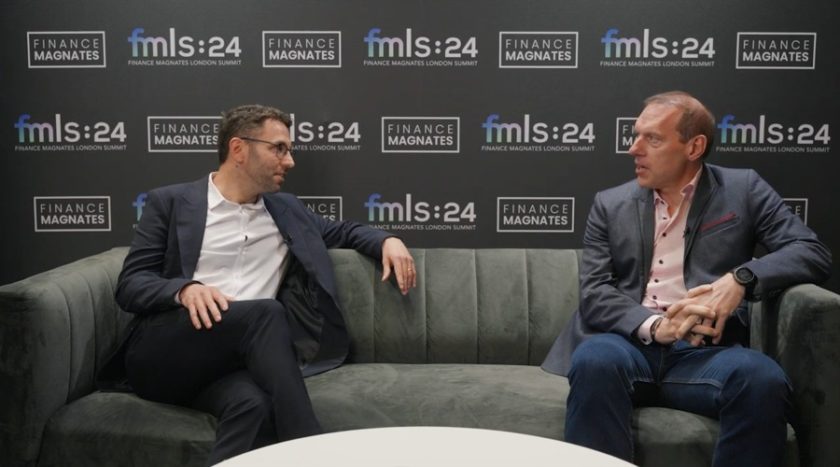Gerald Cotten reportedly used his own money to fund customer withdrawals. At the time, the Canadian Imperial Bank of Commerce had frozen their bank accounts, questioning their provenance. His widow, Jennifer Robertson, told Coindesk that while she didn’t have a lot of knowledge as regards his operating the exchange, he had told her that much.
Cotten Used Personal Wealth to Fund Customer Withdrawals During Legal Fight
“[H]e told me that he had been putting his own money back into QCX to fund user withdrawals in 2018 while the CIBC money remained frozen. I believe Gerry had the best interests of the business in mind, and cared for his customers.”
QuadrigaCX also reportedly needs to find a new law firm to guide it through the legal process. Ernst & Young reportedly discovered a conflict of interest with Quadriga’s initial law firm, Stewart McKelvey. Details of that conflict of interest have not bee made public. Nevertheless, the firm will no longer represent QuadrigaCX.
QuadrigaCX Widow Seeks ‘Equitable Resolution’
She closes the letter by saying:
“[M]y intention is to continue to support the process and to ensure a fair and equitable resolution is obtained.”
QuadrigaCX reportedly lost over $140 million in assets when Cotten unexpectedly died overseas. The claim to have lost all the funds in cold wallets controlled by the dead CEO has been called into question by investigations from Ernst & Young, who were appointed as the monitor by the Canadian court.
Various investigations into the missing funds have made different conclusions. CEOs of both Kraken and Coinbase believe the funds were gone by early 2018, and that something else has happened to them.
QuadrigaCX Holdings Still A Mystery
In a most interesting boondoggle, the exchange sent nearly half a million dollars to the dead CEO’s cold wallets long after his death.
The actual current holdings of QCX have been disclosed in a report by Ernst & Young, and don’t paint a pretty picture of the exchange’s management abilities. The missing funds have still not been veritably located, but there is wide suspicion that they don’t actually exist anymore.
Jennifer Robertson last made headlines when she demanded $225,000 from Quadriga’s meager holdings in order to repay her for paying legal costs of the exchange. A lawyer for the creditors released a statement that said, in part:
“The repayment contemplated by the cash flow is inappropriate until such time as the monitor has reviewed the requested information […]”
The QuadrigaCX implosion has made world headlines. The particular oddness of the exchange’s losses is something that can only happen with cryptocurrency. The strange circumstances of Cotten’s death create a shroud of mystery. It’s all too attractive for journalists and the reading public.
Several other exchanges exist in Canada, but the market has a particular black mark following the downfall of Qudriga as well as the MapleTrade scandal last year.
In most cases, Canadian citizens can use international exchanges, such as those in the US. Given the track record of home-grown exchanges, that might be advisable to Canadians. According to a website that ranks Canadian Bitcoin exchanges, Quadriga’s failure also affected another local exchange, Coinsquare.




